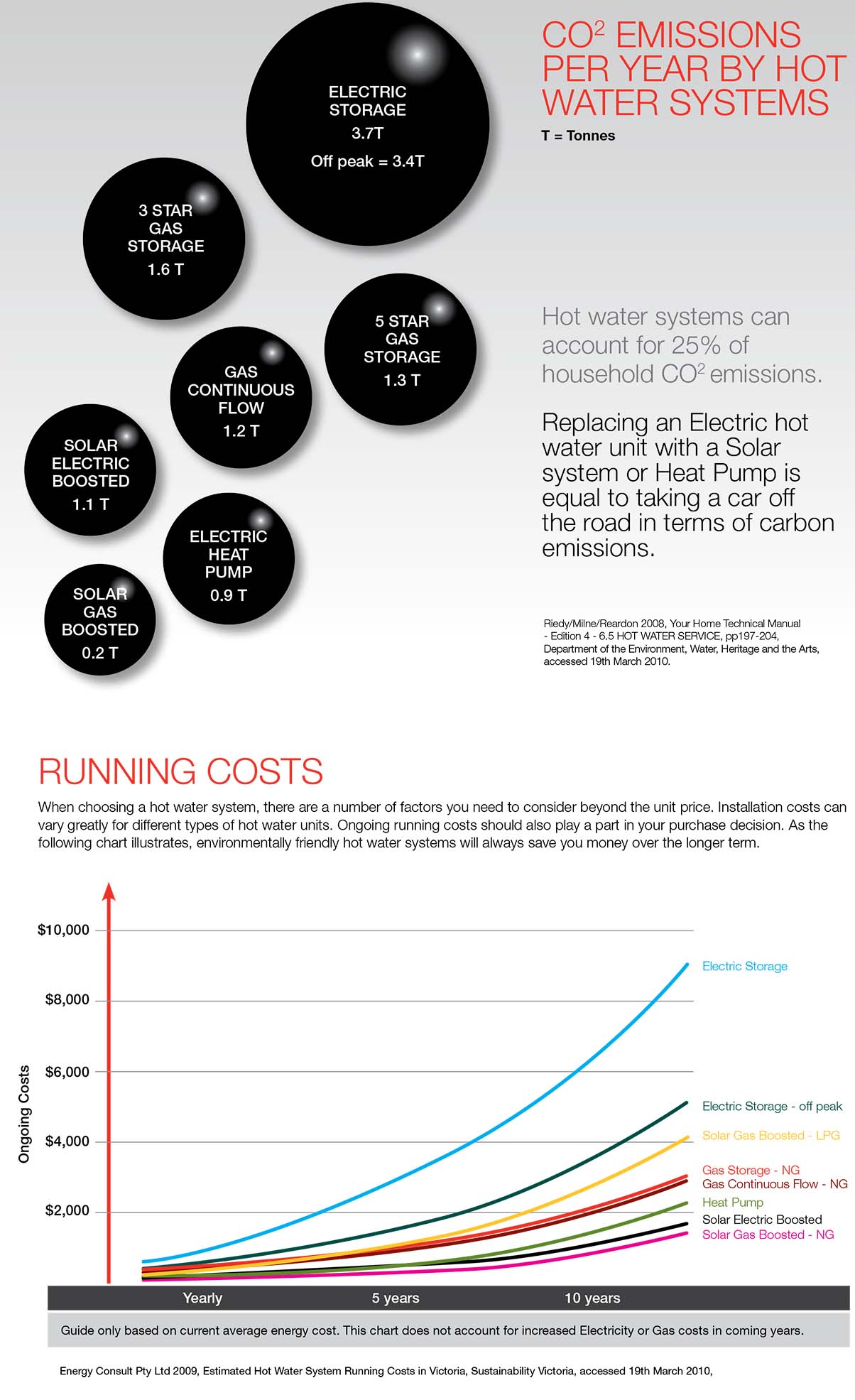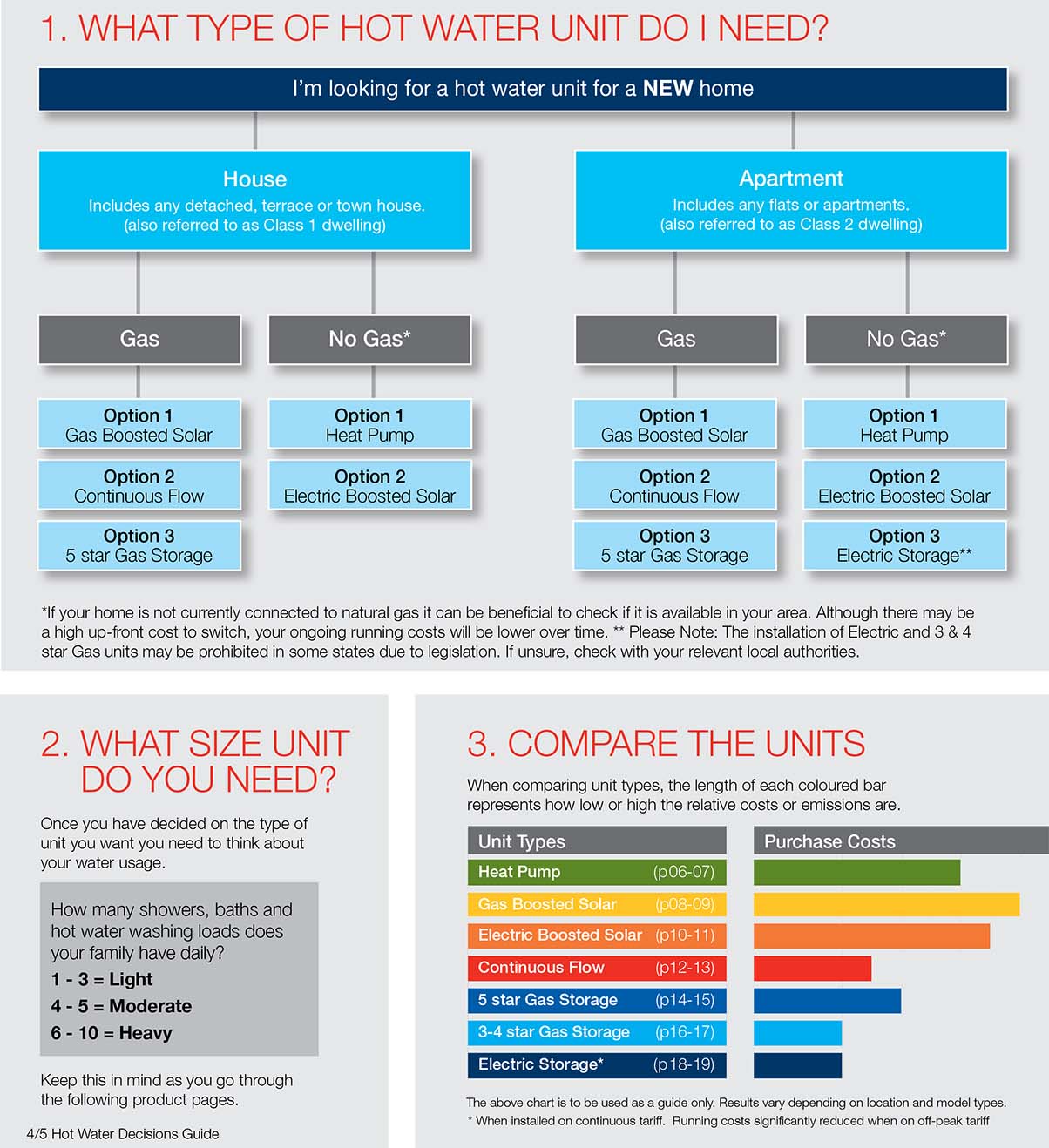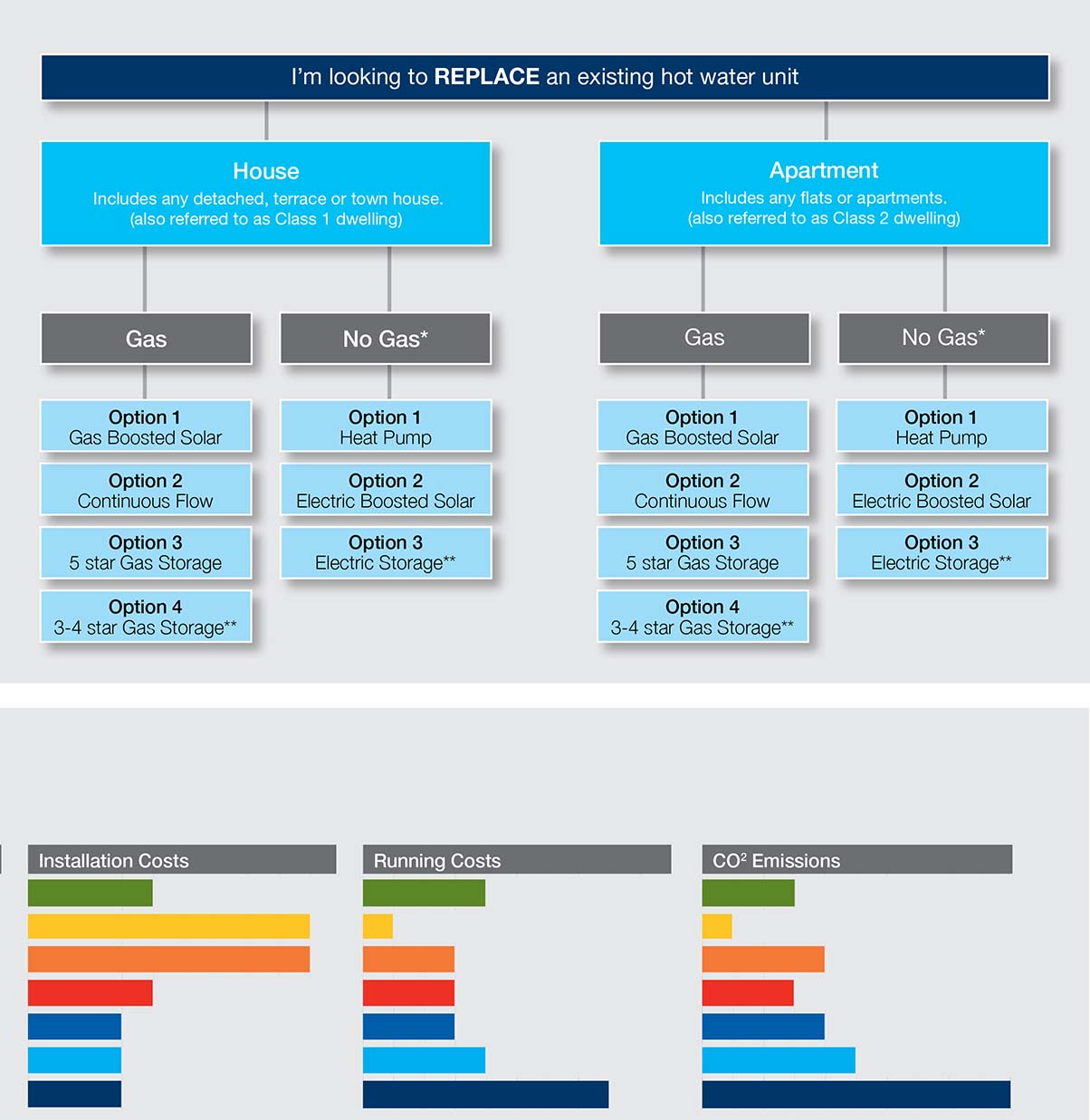A Quality Hot Water System for Your Home
A reliable hot water system is the heartbeat of any household, especially when it comes to your bathroom’s functionality. At Duncan’s Plumbing, we understand the importance of selecting the right hot water unit tailored to your lifestyle and family’s needs. With rising energy expenses and a growing concern for environmental sustainability, choosing the perfect hot water system has become more crucial than ever. That’s why we’ve crafted this comprehensive decisions guide to assist you in making an informed choice. If you have any inquiries, our knowledgeable staff members are here to guide you through the decision-making process. Additionally, consulting with your local licensed plumber can provide valuable insights into selecting the ideal system for your home.
Hot Water Systems and Environmental Considerations
Contribute to environmental conservation by opting for energy-efficient hot water systems that minimise energy consumption and greenhouse gas emissions. As depicted in the graph your hot water system can account for up to 25% of your household’s energy consumption, making it a significant contributor to environmental impact. By choosing a more eco-friendly unit, you not only help protect the environment but also save money in the long run. Although government rebates were once prevalent, the market now offers a wider array of choices, with the potential for greater savings in the future. Investing in a more efficient hot water system may incur initial costs, but it results in reduced energy usage and substantial long-term savings, as illustrated in the running costs graph below.
Government Incentives and Renewable Energy
Explore available state government rebates and small-scale technology certificates (STCs) to offset the purchase and installation expenses of energy-efficient hot water units. These incentives not only support your decision to go green but also provide financial benefits.
Hot Water Systems: Impact on CO2 Emissions
Did you know that hot water systems can contribute up to 25% of household CO2 emissions? By transitioning from electric hot water units to solar systems or heat pumps, you can significantly reduce your carbon footprint. In fact, replacing an electric unit with a solar system or heat pump is equivalent to removing a car from the road in terms of carbon emissions.

Considerations For Running Costs
Selecting the right hot water system involves assessing various factors beyond the initial unit price. Installation costs may vary depending on the type of system chosen. Additionally, it’s essential to consider ongoing running costs when making your purchase decision. As depicted in the chart below, environmentally friendly hot water systems offer substantial cost savings over the long term, making them a wise investment for your home and the environment alike.
Making Informed Decisions
Choosing the perfect hot water system involves weighing various factors, including energy efficiency, environmental impact, and long-term cost savings. At Duncan’s Plumbing, we’re committed to helping you navigate this decision-making process and find the ideal solution tailored to your home’s needs. Contact us today to learn more about our range of hot water systems and how they can benefit your household.
Things To Consider When Choosing A Hot Water System
Selecting the right hot water system for your home or apartment involves considering several important factors. The flow charts below are designed to help you identify key considerations when making this decision.
Don’t Risk It, Use a Licensed Plumber
It’s essential to always engage the services of a licensed plumber and electrician and ensure that your system is serviced according to the manufacturer’s instructions. When installed and maintained correctly, your hot water system should have a lifespan of up to 10 years.
Click to view the large image
Hot Tips
-
Install your system close to the point of use for hot water to minimise heat loss as water travels through the pipes. -
Opt for Continuous Flow systems with Electric hydro ignition as they use significantly less energy compared to pilot systems. -
When purchasing a Gas storage heater, select a system with a 5 or 6-star energy rating for maximum efficiency. -
Insulate the first two meters of hot water pipes leading from the hot water system using closed-cell rubber insulation to prevent heat loss. Ensure the insulation remains dry to maintain effectiveness. -
Consider using low-flow showerheads or installing flow-restricting valves on existing shower heads to reduce water usage. -
For Solar systems, position collectors to face true north and ensure they are correctly inclined to capture the most sunlight. Additionally, ensure that your roof can support the weight of the system. -
Utilise tempering valves adjusted to an outlet temperature not exceeding 50°C to minimise the risk of scalding.


